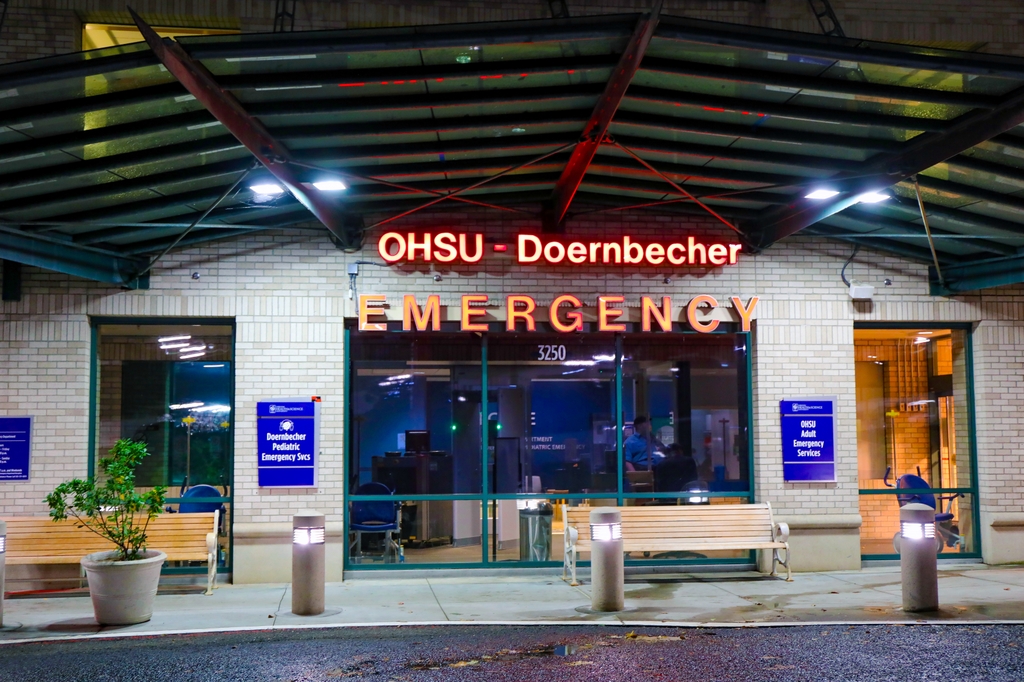
Oregon Health & Science University, in coordination with emergency service providers across the Portland metro area, is launching a three-year clinical trial in January to test giving patients in cardiac arrest earlier treatment with a drug, amiodarone, that helps restore and maintains normal heart rhythms.
The current standard of practice is for first responders to administer amiodarone after three shocks with a defibrillator in patients who remain in cardiac arrest due to ventricular fibrillation or ventricular tachycardia — types of irregular heart rhythms. The study will test if a change to the cardiac arrest treatment protocol helps to reduce the time to drug delivery: EMS will give amiodarone to patients after two shocks with the defibrillator.

"No one has looked at the optimal sequence before," said principal investigator Joshua Lupton, M.D., an assistant professor of emergency medicine in the OHSU School of Medicine.
The study will be conducted as an exception from informed consent trial regulated by the U.S. Food and Drug Administration, meaning it will involve patients who are incapacitated and unable to give permission to participate in the clinical trial. Patients and their legally authorized representatives or family members will be notified of their enrollment in the study.
Emergency medical service agencies in Multnomah, Washington, Clackamas and part of Yamhill counties will participate, with agencies grouped together to introduce the new protocol of care year by year. Researchers will then compare patient outcomes at the end of three years.
Survival of cardiac arrest outside of a hospital is currently only about 10%.
Amiodarone is an FDA-approved antiarrhythmic medication given via catheter in the vein or a needle in the bone marrow to treat cardiac arrest caused by a ventricular arrythmia — an abnormal heartbeat that originates in the lower heart chambers, known as the ventricles.
The goal is to enroll a total of 585 patients over 36 months. The study will include an additional 195 patients in the control group who received usual cardiac arrest care in 2024.






